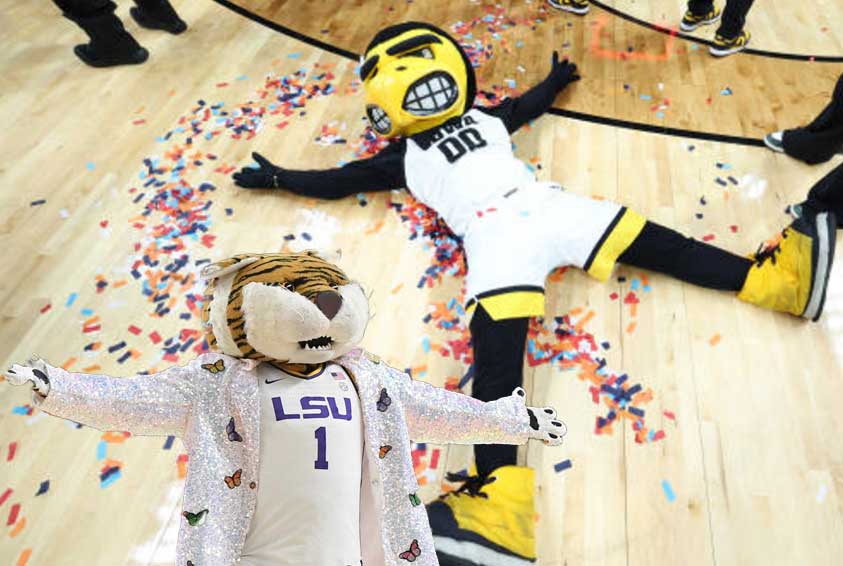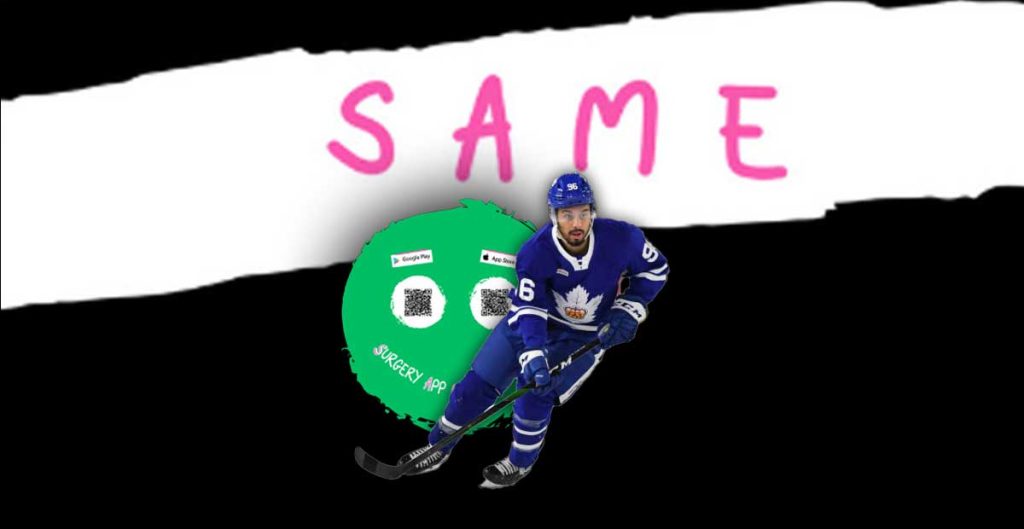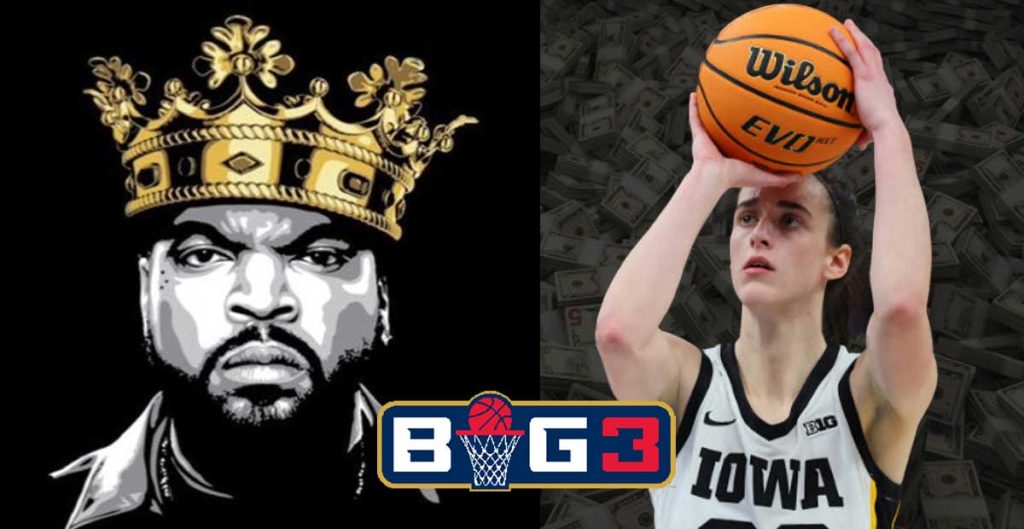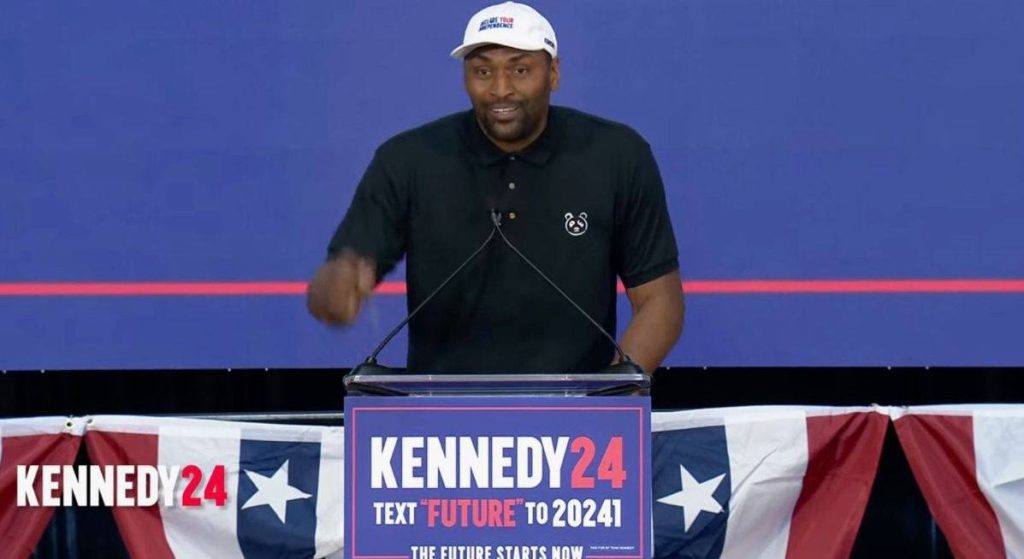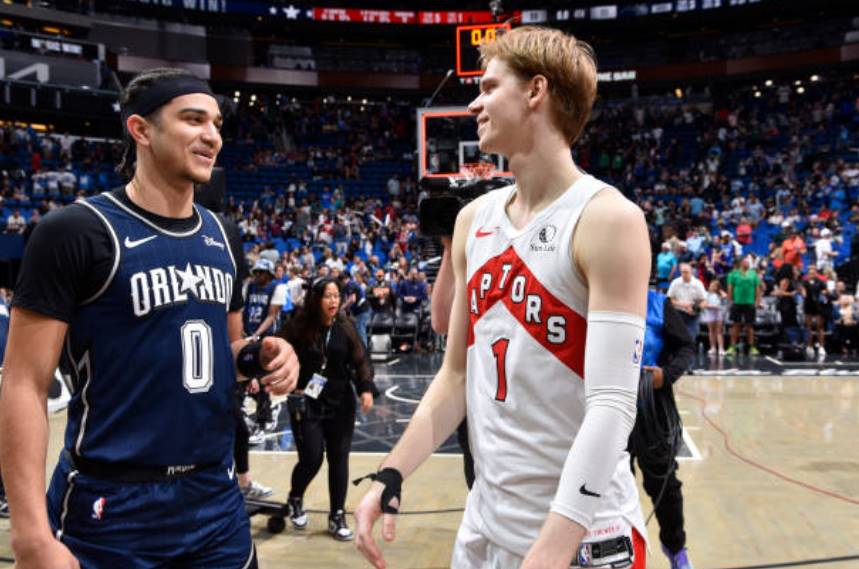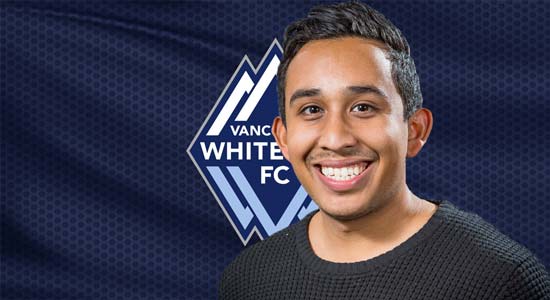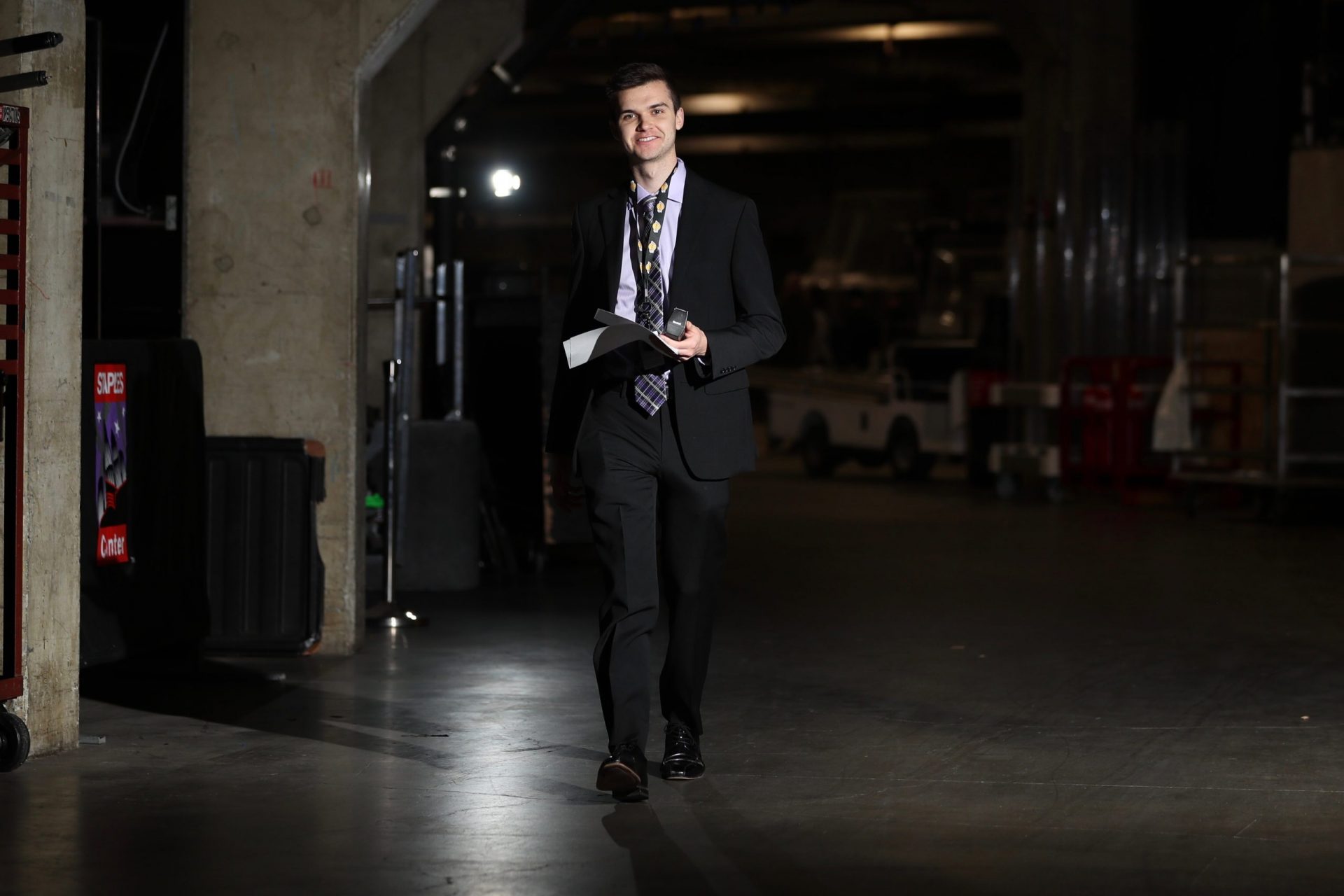
The Value Of Mentorship In Sport Is Reflected In UCLA Assistant Athletic Communications Director Ryan Andersen
Ryan Andersen | Assistant Director, Athletic Communications | UCLA Bruins

Established professionals are so much more willing to help younger aspirants than you’d expect.
Ryan Andersen
Assistant Director, Athletic Communications
UCLA Bruins
Before we begin, give us a little update on how your job has changed since the World Health Organization (WHO) declared COVID-19 a global pandemic.
The coronavirus pandemic has forced me to work from home for about a month now, and I’ve done my best to keep my operations as close to normal as I can. With new recruiting and practice limitations set forth by the NCAA and Pac-12, I have tried to learn as much as possible about compliance and social media strategy as it pertains to promoting our teams in this unprecedented time. Media outlets have been looking for content without competitions to cover, so our interview requests have actually been pretty steady throughout this process.
Tell us about your role as the Assistant Director, Athletic Communications of the UCLA Bruins.
As Assistant Director, Athletic Communications for UCLA Athletics, I oversee all communications and media relations efforts for the women’s basketball, track & field, and cross country programs. The position has become fairly all-encompassing, particularly with my responsibilities in-game management, the release of program-relevant information, and the maintenance of program record books and stats. I also process all interview requests from local and national media and coordinate media interaction with the student-athletes and coaches from my teams. I have made a point to collaborate with the digital content team in the Communications office and cultivate relationships with the Director of Operations for each of my programs to maintain a focused vision for the effective promotion of our teams.
I work alongside an experienced team of Sports Information Directors, a group that brought me into the department as an intern several years ago when I was student at UCLA. Our group of SIDs does a really good job supporting each other, as many of us volunteer to assist at home games or help remotely with teams outside our respective sport responsibilities.
What does a typical day look like for you?
I’ve discovered that my day-to-day operations generally fall into on-season or offseason activities.
I started this job on December 27, 2019 and found myself right in the heat of the UCLA women’s basketball season. The indoor track season kicked off several weeks later and I would have games and meets to cover simultaneously almost every weekend thereafter. I realized very quickly that I had to figure out everything that needed to happen and develop daily and weekly routines to make sure all the work got done.
I’ll offer some insight into my day-to-day work life during the game/competition season. I would usually spend Mondays updating all of our basketball stats and track times/marks from the previous weekend of competition. I’d generally spend the next couple days preparing game notes and track meet previews for the upcoming weekend. I spent time researching relevant streaks or records for those publications and start communicating with our local and national media to discuss potential stories on our players and coaches during this time, as well.
I hosted women’s basketball media availability at practice on Wednesdays and usually have head coach Cori Close and a few players speak to the media. Once game notes and meet previews were published, I would start creating gameday graphics and coordinate any other digital content that our office or the women’s basketball digital staff wanted to push out on social media. Fridays and weekends were spent at women’s basketball games, whether we were hosting at Pauley Pavilion or travelling on road trips. I live-tweeted our games and coordinated any interactions between game broadcasters and our players and coaches throughout the weekend. I’d also manage postgame press conferences. Additionally, I’d cover any track meets we happened to have simultaneously through the weekend, including live-tweeting results, creating infographics for standout performances, and writing meet recaps.
To be quite honest, I’m still getting used to life in the offseason. We were heading into the NCAA Tournament and the outdoor track season when all athletic events were cancelled due to the coronavirus. My attention has now shifted to catching up on research ideas and more extensive projects. Without a regular competition schedule, I’ve been working to develop new promotional content strategies for my sports. I’m also planning to organize all future on-season activities in the extra time I currently have.
What is the best part of your position, and why?
The best part of my job is the sense of fulfillment I’ve developed through the process of returning to my alma mater and working for the department that did so much for me and my career. I graduated from UCLA in 2019 and spent three years as a Student Assistant in the Athletic Communications office. The SIDs brought me into their world and showed me the ropes of a career path I didn’t even know existed when I arrived. Not only did they provide me with fundamental training in the sports industry, but they also helped me land internships elsewhere and were always welcoming when I returned.
My student work experience started at UCLA Athletic Communications and I, subsequently, interned with the Chargers, Sparks, Lakers, and Pac-12 Conference by the time I came back to campus as an Assistant Director. Each of those additional work experiences was initiated from connections I made in the UCLA communications office and I am forever grateful for the assistance I have received from the department over the last several years. And, foundationally, I happen to love UCLA and I’m an incredibly proud Bruin. It has certainly been a thrill to return to campus and serve my alma mater in a full-time capacity.
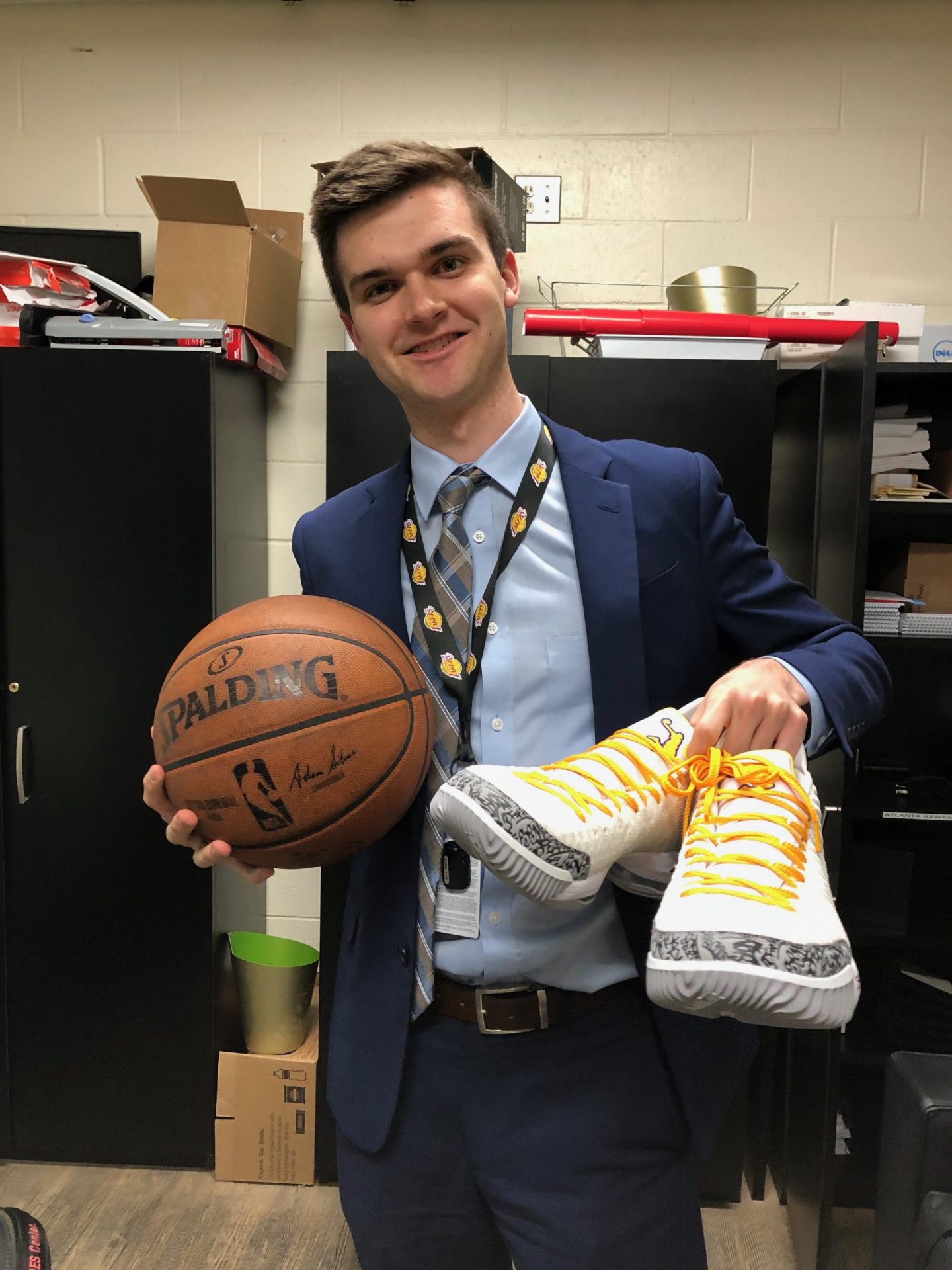
What is something people don’t realize about working in the sport industry?
I think one thing people don’t realize about working in sports is that there exists an underlying human element to the industry. That is, the celebrity aspect of working with high-profile teams and athletes certainly exists, but you soon realize there’s a commonality of everyone showing up to work and doing their jobs, regardless of their respective roles within the organization. To that end, it’s often the human relationships and friendships you make that, ultimately, prove to be the most important aspects of work experiences in sports.
The moments of wonder and awe are certainly present in sports. I’ll never forget watching UCLA football come back from a 34-point deficit against Texas A&M, stepping foot into Chargers training camp for the first time, or seeing LeBron James in person on my first day as an intern for the Lakers. You can’t beat those feelings of amazement and that’s what makes working in the sports industry, especially at a young age, so awesome.
That said, when you are around athletes and sports media personalities for extended periods of time, you start to see these people for who they really are—just people. I can definitely vouch for this revelation. They have jobs to do, and I have a job to do, and it takes everyone working together to drive the team, and the industry as a whole, forward. Because of this, I often found that the friendships I made along the way to be equally, if not more, important than the satisfaction I received from being so close to my sports heroes. Specifically, I returned to UCLA because I wanted to work with the people (friends) who gave me my first sports work experience. I’ll never forget the laughs I shared with my Lakers coworkers at dinners before tipoff at STAPLES Center. Seeing my Pac-12 friends at the conference women’s basketball tournament in Las Vegas was one of the main highlights of my trip. I still regularly chat with my mentor from the Chargers even as he’s left Los Angeles, and we talk about life just as much as sports at this point.
It’s always wonderful to feel the sense of amazement that comes with being in the sports world. I think the point is it’s important to realize all the moving parts that make those moments happen, and the people behind the scenes responsible for those moments are often pretty cool. Take the time to make friends with them.
What are three essential skills someone needs to succeed in the sport industry?
- Appreciation: I’ve found it crucial to be cognizant of the opportunities I’ve been given and always make clear my appreciation for those who have helped me along the way. I’ve been truly amazed by the guidance I’ve received from mentors and friends in the industry and it always pays to be outwardly appreciative in this context. In an interview, for example, it never hurts to mention the people who have helped you get to where you are. To that end, I’ve tried to extend my appreciation for those who helped me by doing my best to help industry aspirants get their foot in the door.
- Reliability: A critical skill in the sports world is reliability. When you’re just starting out in the business, you could easily be one of four or five interns all paid to do the same job. You want to be the person your boss can rely on to do anything. Make sure your work is always done and don’t hesitate to volunteer for extra work, to the extent you’re able to manage it.
- Adaptability: The sports world is unpredictable and you always have to be ready to adapt to a changing landscape. A trade or signing can change a franchise overnight and you need to know how to adjust to variable circumstances. On a more micro-scale, problems are always going to arise – take game nights, for example – and it’s all about knowing how to solve problems and move forward. The Lakers’ Media Relations Coordinator told me once that “it’s about putting out the fire, but also making it seem like the fire was never there in the first place”.
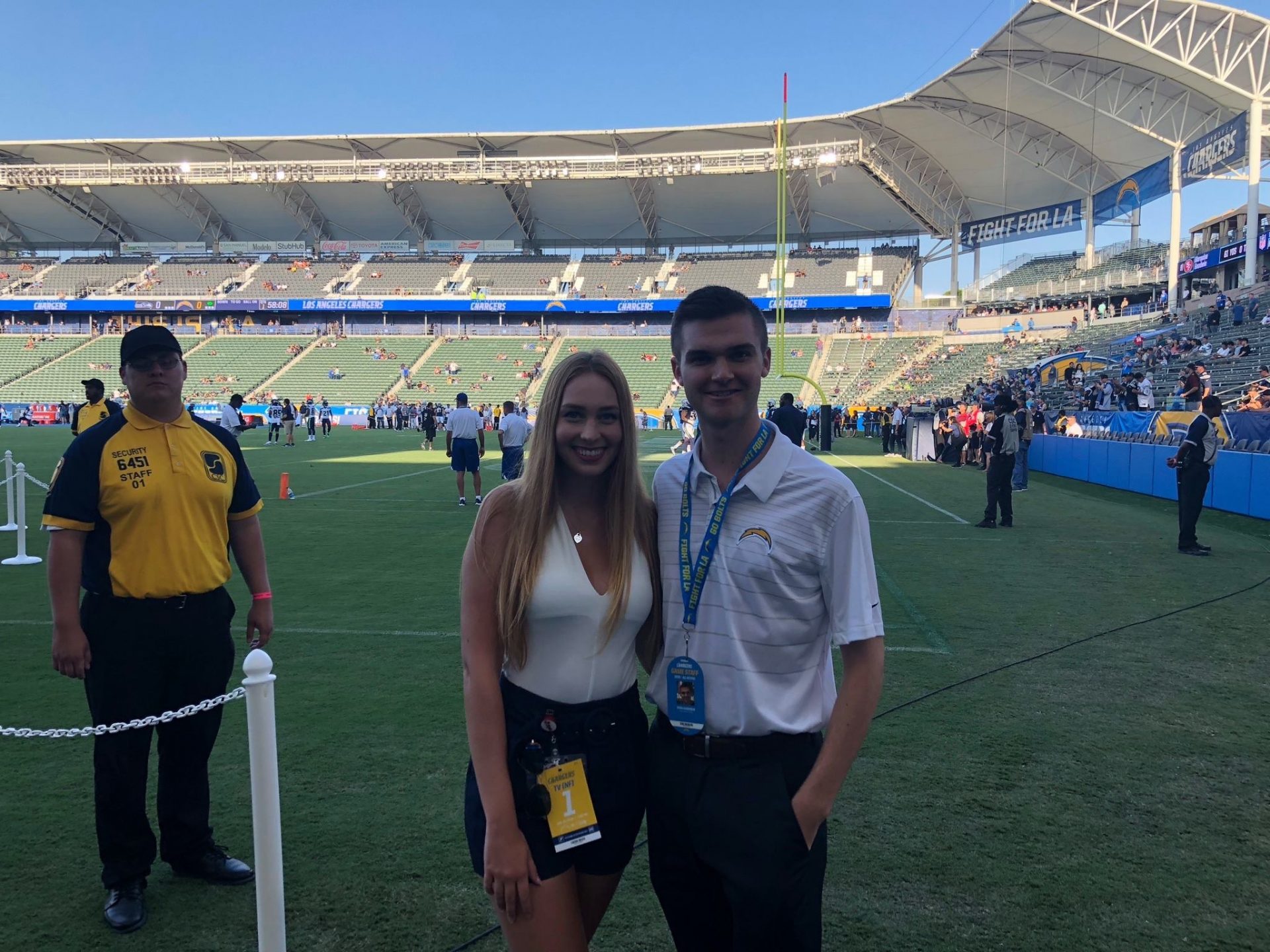
What advice would you give to someone starting out their career in the sport industry?
A piece of advice I would offer to someone starting out in the sports industry is that it’s incredibly important to find mentors and superiors that are genuinely interested in your success and are willing to guide you not only through the industry, but just life in general. I feel there’s a popular misconception, particularly in sports, that “networking” is about meeting people in the industry that will help you get a foot in the door, and then you hop into that new work opportunity and take the rest from there.
My time in this field has taught me that it is always better to keep your mentors close and serve them in any way possible, rather than forge your own path as soon as you find your way into the industry.
This is because you never know how the trust you’ve built with a mentor can take you places you never imagined. Established professionals are so much more willing to help younger aspirants than you’d expect, but it takes a degree of trust and service at the intern/entry-level to get there.
Here’s an example. I was originally brought into the UCLA Athletic Communications office by one of UCLA’s former football SIDs. I knew nothing about the field of athletic communications, but I did everything he ever asked me to do and I did it out of pure appreciation for the opportunity he was giving me to be there in the first place. I worked with him for just a couple months before he announced he was taking a job with the Chargers, and I was even more surprised when he told me he was bringing me with him to be a summer intern with the team at training camp. He even drove me over 80 miles roundtrip to camp every day because I didn’t have a car. He has told me several times over the last few years that he brought me along that summer because he trusted me to do right by him and that I had earned the opportunity to advance in the industry.
The time I spent with him at UCLA led to two years of work with the Chargers while I was in school, including training camp, home games, and draft day operations. He’s since had a hand in every other work experience I’ve landed along the way, including my first full-time job back in the UCLA office. Additionally, he’s taught me about how working in sports would affect my daily life and I’ve learned so much from him about being a professional adult, not just an industry professional. He was, and still is, my mentor, but he’s also a close friend.
These are the kinds of relationships and connections you want to make, in my opinion. These are the people who will never hesitate to help you because they know you would never hesitate to help them.
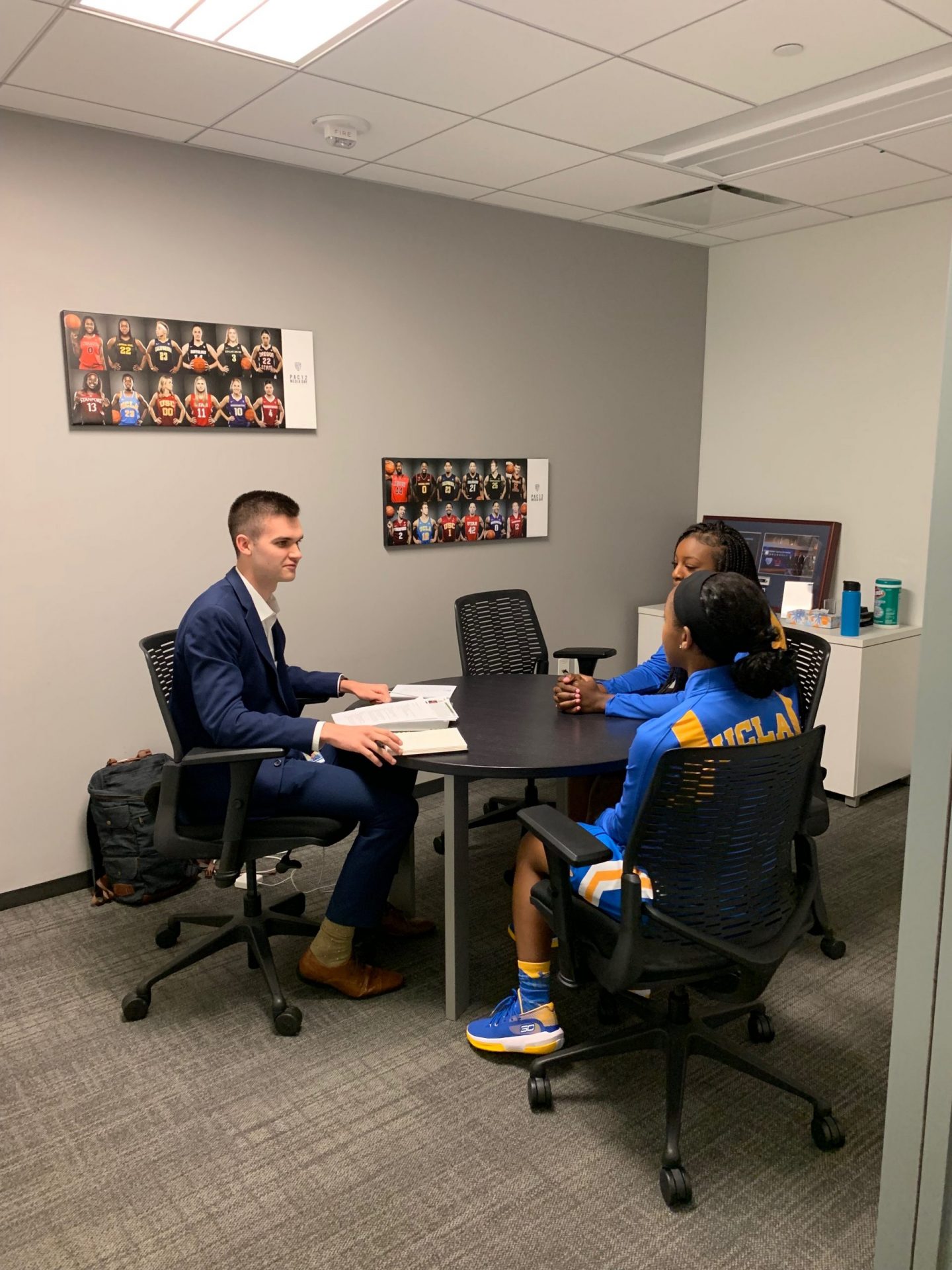
If you could have a superpower to help you in your career, what would it be and why would you choose to have it?
If I could have a superpower in my career, it would be the ability to re-live all my favorite moments from my time in this industry. I’ve done some pretty cool things over the past few years, and I feel very lucky in that regard.
I’d love to have the power to go back in time and enjoy the great times I’ve had around the court/field, hanging out in the office with co-workers, etc.
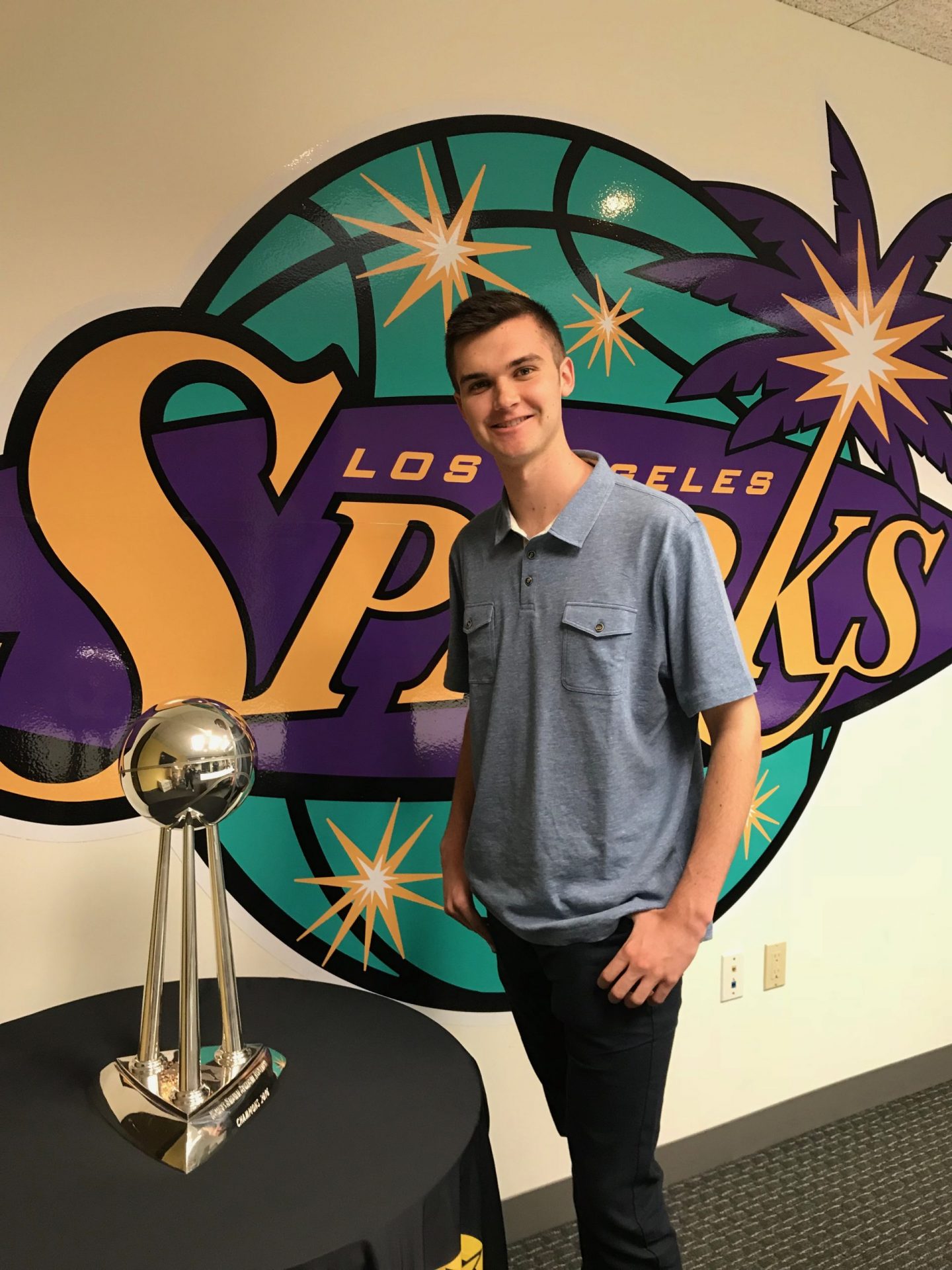
[get_current_post_author_pic_and_name]
Just as Michael Jordan did during in his professional basketball career (see The Last Dance), Ryan Andersen stresses the value of mentorship in this incredibly competitive and unpredictable industry. As the Assistant Director of Athletics, Ryan still calls up his mentor from when he interned with the Chargers. This speaks volumes about the value of seeking and subsequently accepting mentorship. As a final thought, I must also mention how great it was that Ryan eluded to the fact that the sports world is unpredictable. Now, more than ever is this true! You always have to be ready to adapt to a changing landscape. It seems like Ryan has, and with the guidance of mentors, you can too. I can’t wait to see Ryan working the sidelines at UCLA women’s basketball games and track & field and cross country events as soon as it’s safe to return to action!
The Latest




